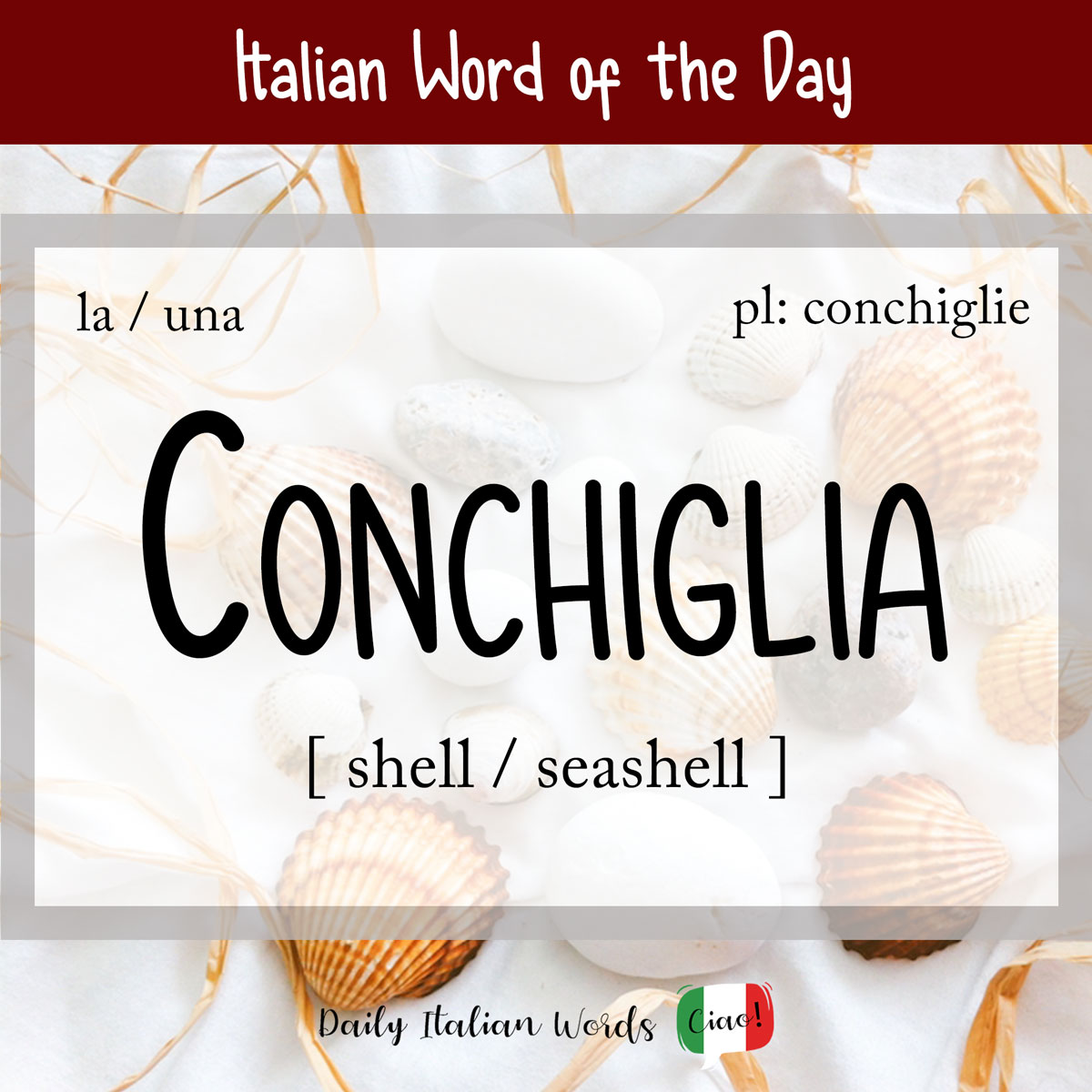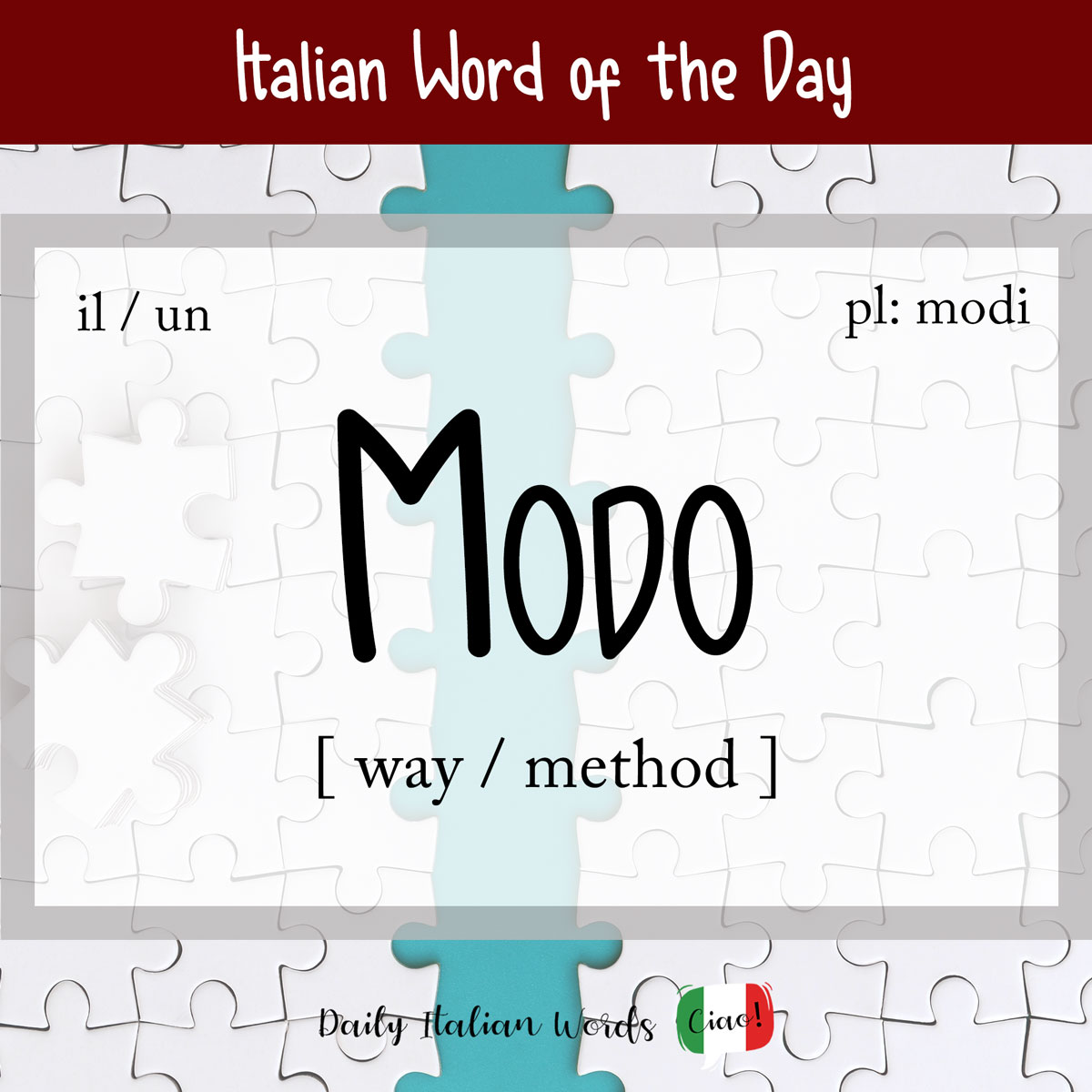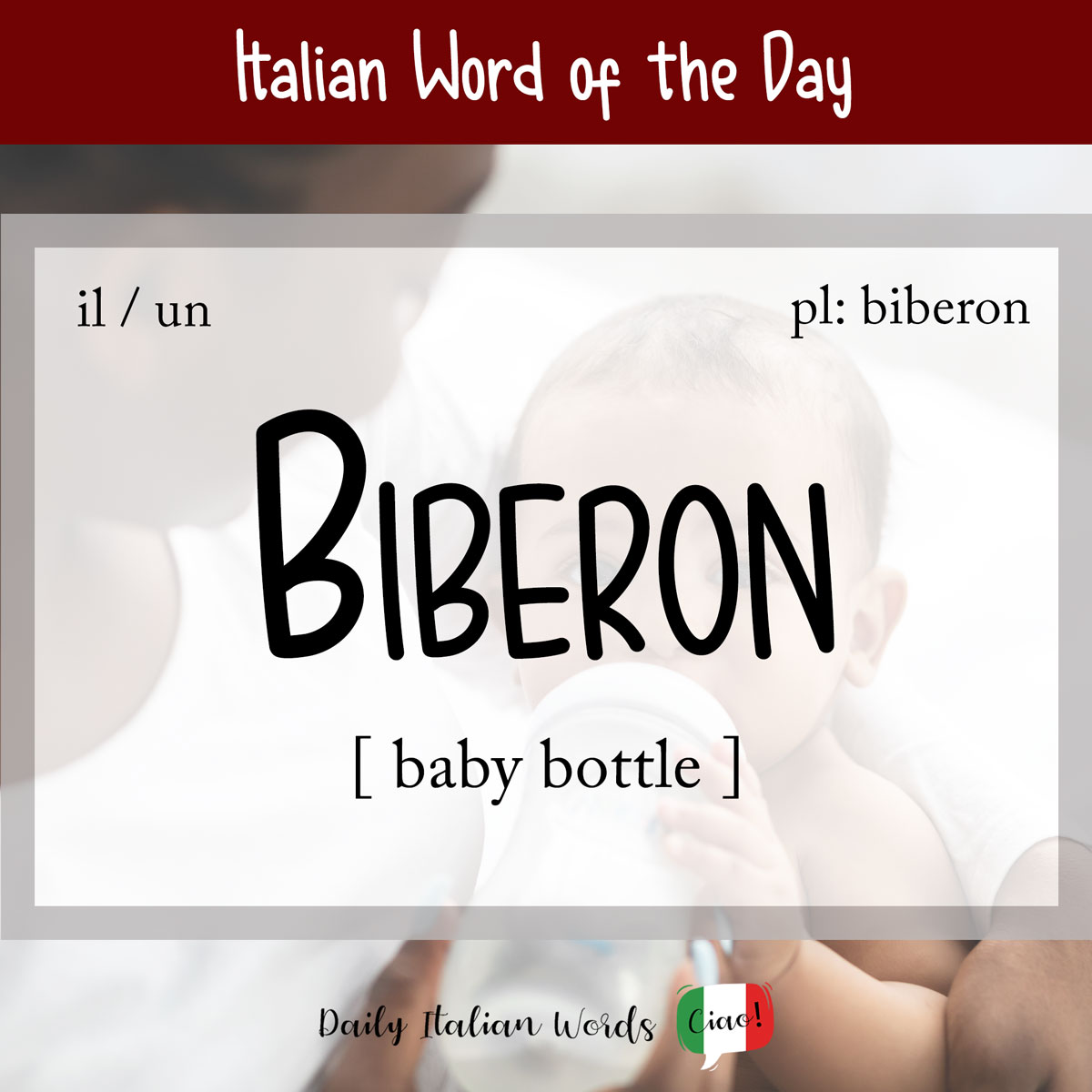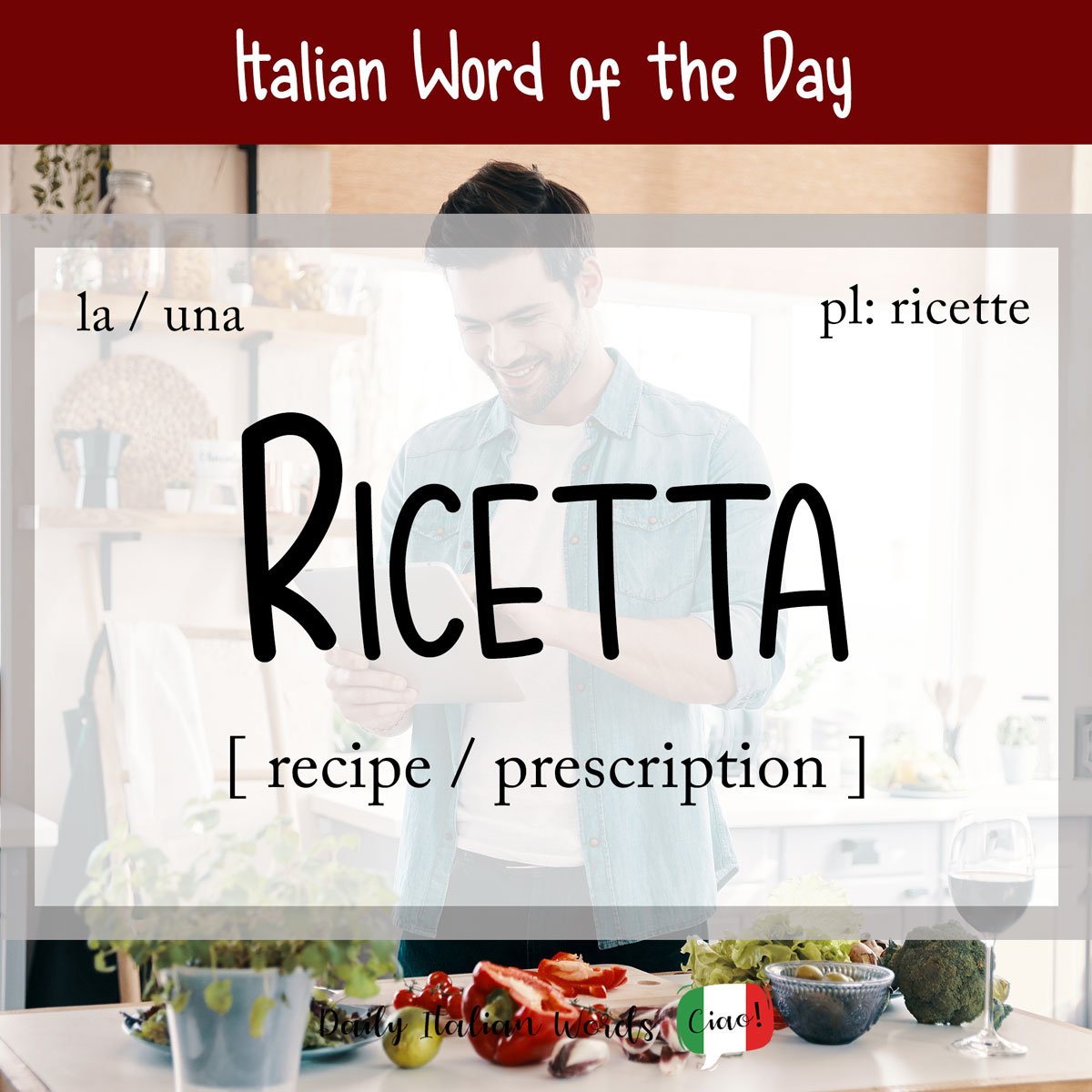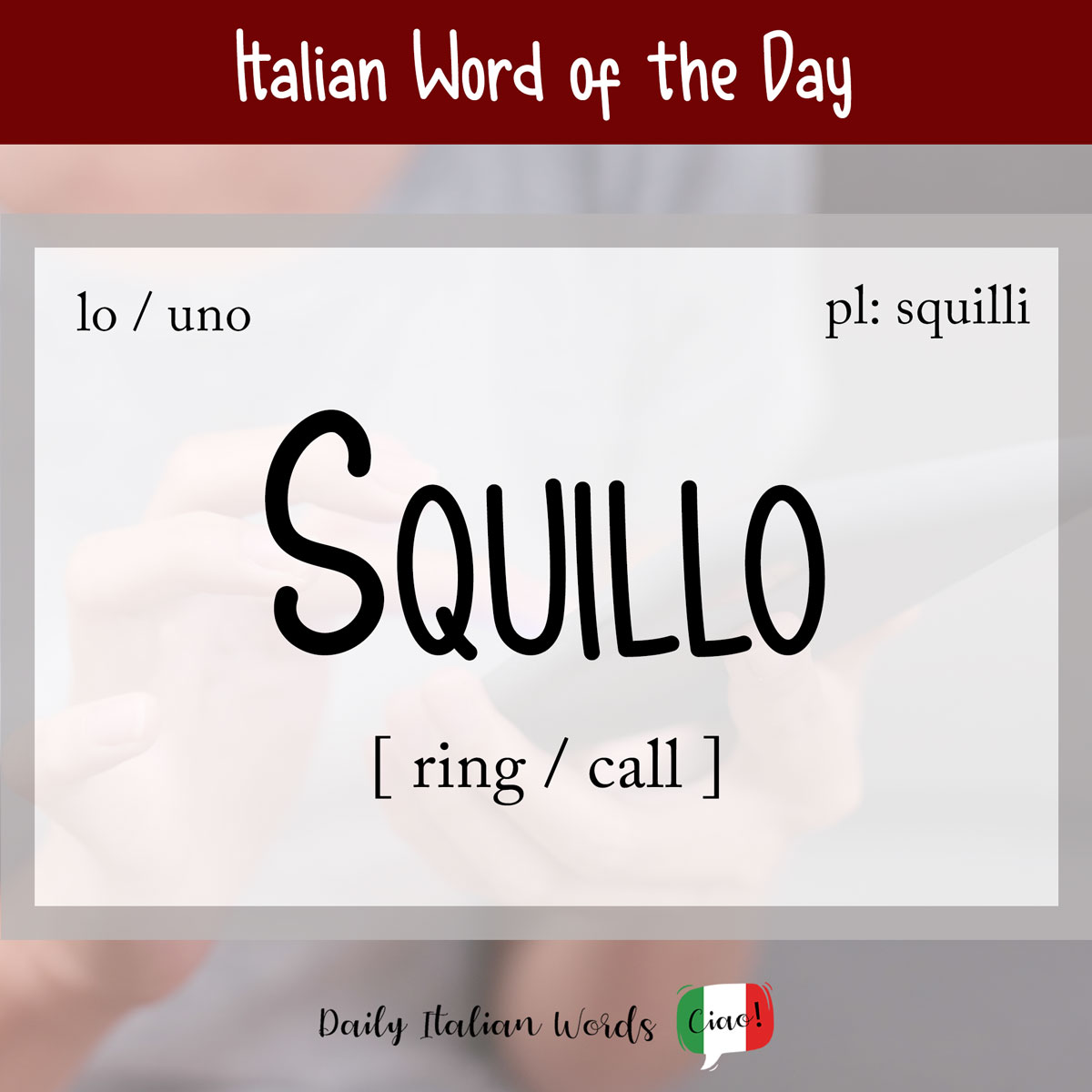Italian Word of the Day: Conchiglia (shell)
The word for a shell, or seashell, in Italian is just as beautiful as the object itself: conchiglia. It can be traced back to the Latin conchylium which in turn comes from the Greek konkhýlion, a derivative of kónkhē meaning “concavity”. So if you ever have trouble recalling this word, just remember that shells are …

